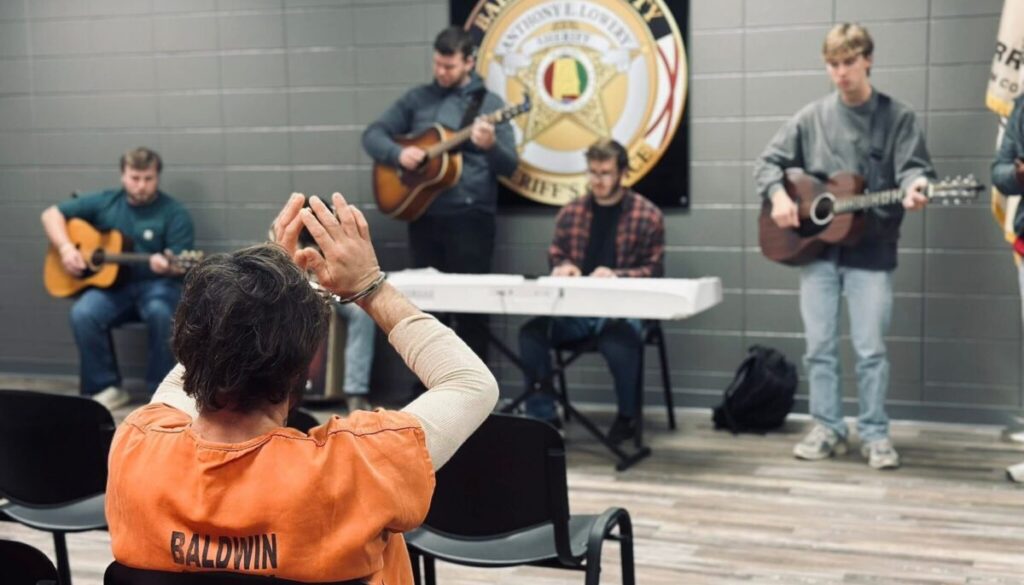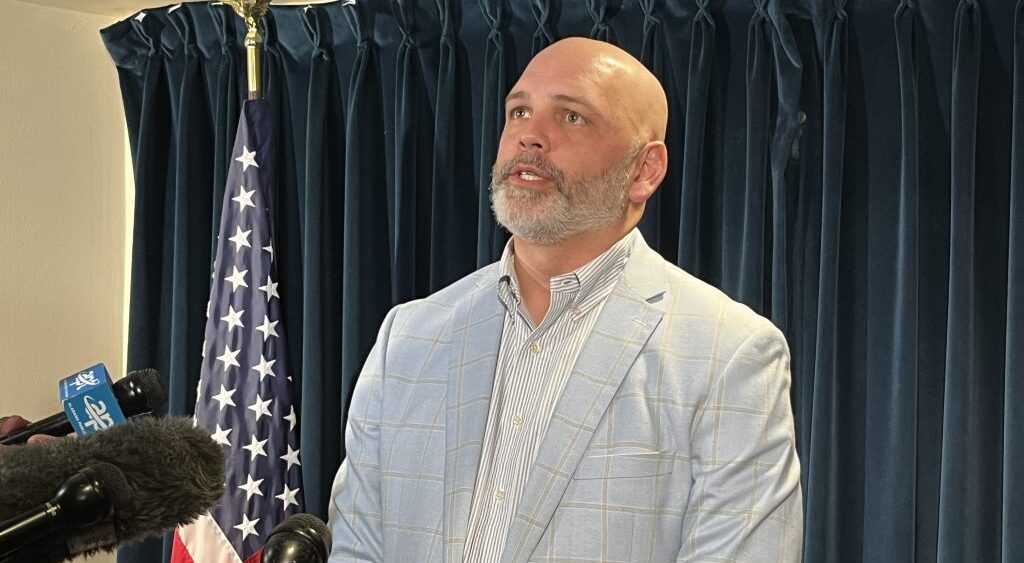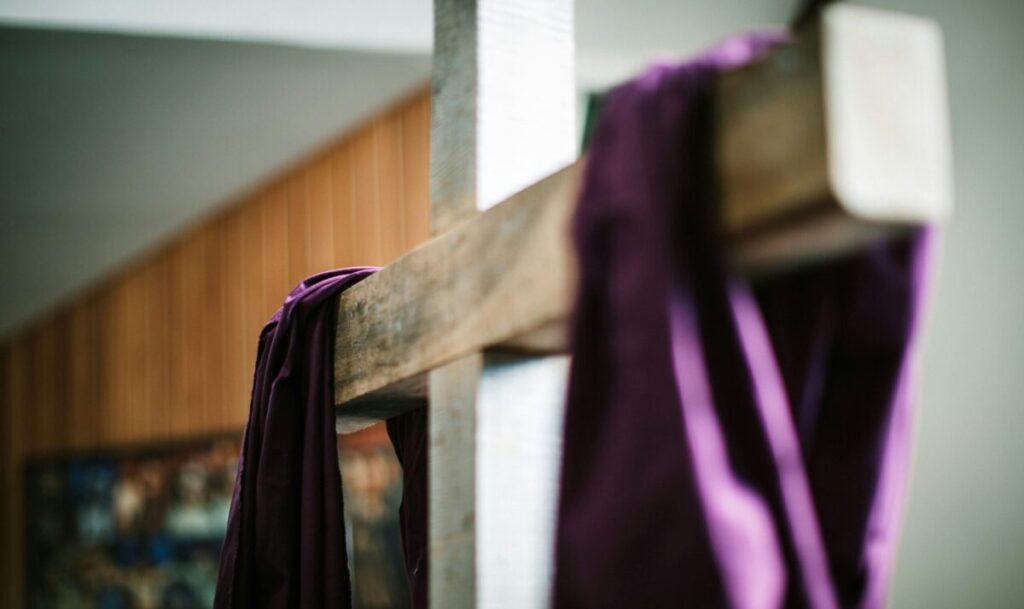A large-scale attack on Christians in Sri Lanka on April 21, Easter Sunday, killed at least 321 people and wounded at least 500 more. Three churches and three hotels were bombed in the coordinated attacks.
The Islamic State claimed responsibility for the bombings on April 23 and said they were in retaliation for the March 15 attacks on mosques in New Zealand.
Shyami Sirivardene, a resident of Negombo, said Negombo and parts of Colombo where the blasts took place are predominantly Christian areas.
“Negombo is fondly called the ‘little Rome,’ with shrines and ancient churches,” Sirivardene said. “The attacks have been planned to affect the Christian community … people flock in huge numbers to attend the Mass on Easter and Christmas.”
More than 100 worshippers died in a suicide bomb blast at St. Sebastian’s Church. St. Anthony’s Shrine, a large Catholic church in the Kochchikade area of Colombo, and Zion Church in Batticaloa, in the eastern part of the country, were also bombed.
Suicide bombers also detonated explosives in Colombo at the Shangri-La Hotel, the ground-floor Taprobane restaurant at the Cinnamon Grand Hotel and at the Kingsbury Hotel.
Sri Lanka, a predominantly Buddhist country, ranked 46th on Christian support organization Open Doors’ 2019 World Watch List of the 50 countries where it is most difficult to be a Christian.
In related news
Muslim Fulani herdsmen attacked two predominantly Christian villages in north central Nigeria after beating, raping and killing a 19-year-old Christian woman in the pre-dawn hours of March 23.
Danlami Mante said armed Muslim Fulani herdsmen ambushed Joy Danlami and her two younger siblings as they were returning home from a community feast in a nearby village.
After the ambush the herdsmen proceeded to the family’s village, where they burned down 17 houses. They then rampaged through another village, burning 11 homes and four churches.
Nigeria ranked 12th on Open Doors’ 2019 World Watch List of countries where Christians suffer the most persecution.
A Malaysian pastor was abducted by police for allegedly proselytizing Muslims, Malaysia’s human rights commission has concluded following a two-year investigation.
The family of 63-year-old Raymond Koh — who was abducted in February 2017 in Kuala Lumpur — hopes he is still alive and wants the government to investigate further.
Koh served as pastor of an Evangelical Free Church of Malaysia for 20 years before founding Harapan Komuniti — an outreach to single mothers, drug addicts and HIV/AIDS victims — in Malaysia in 2004. Days before Koh’s disappearance the family received death threats for allegedly spreading the gospel.
Sunni Islam is the government-authorized faith in Malaysia. Malaysia ranked 42nd on Open Doors’ 2019 World Watch List. (MS, BP)






Share with others: